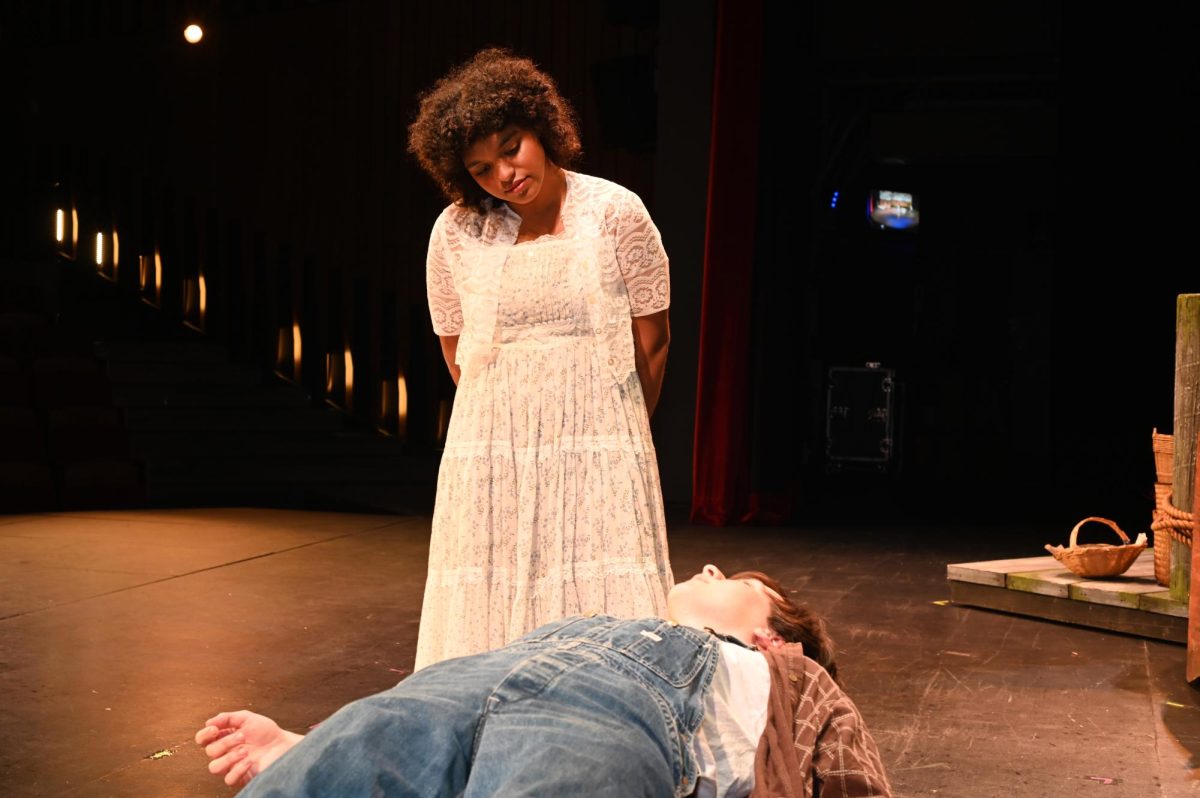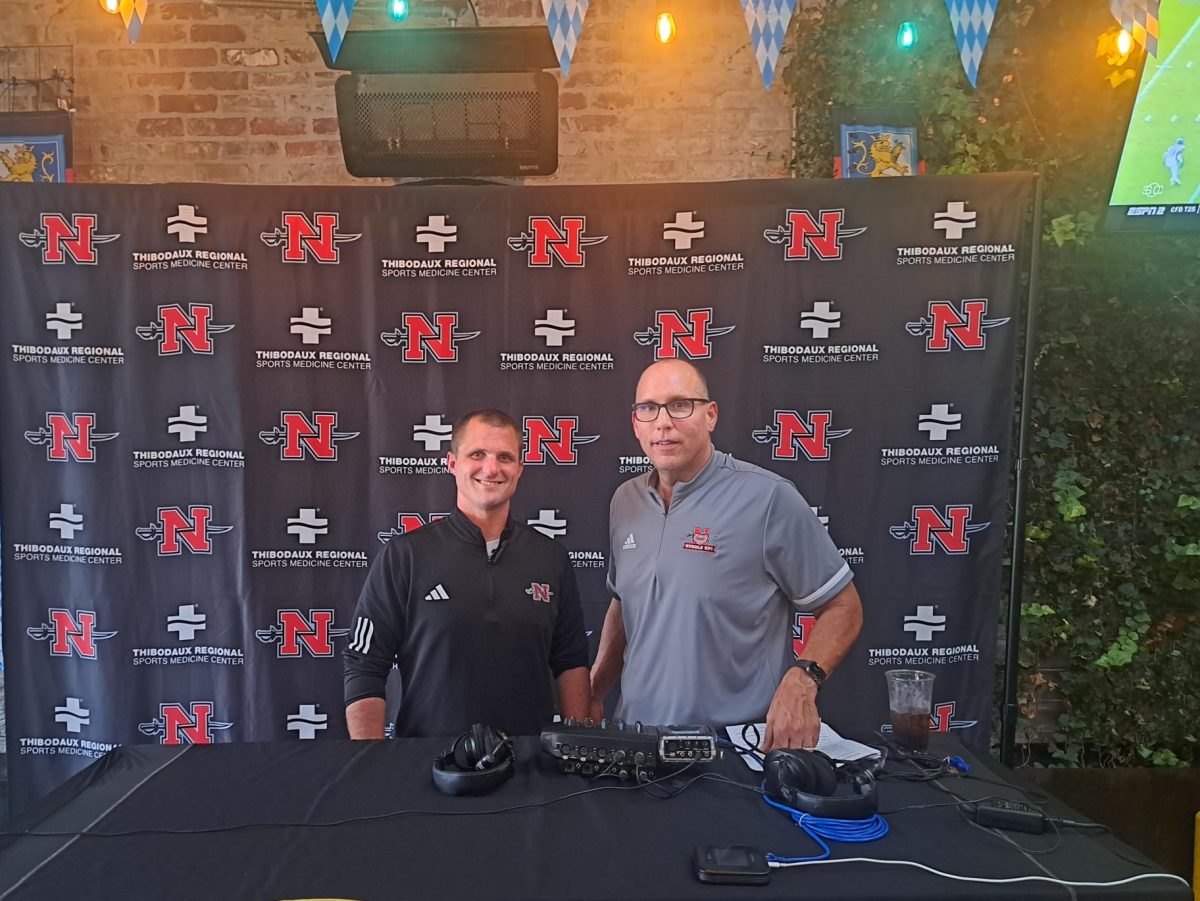Due to the recent increase in cases of West Nile Virus, students may want to be more aware of the virus and preventative actions.
According to the Department of Health and Hospitals (DHH), “West Nile Virus is a mosquito-borne disease that can cause illness to people and animals.” Mosquitos get the virus through infected birds.
“In a small number of cases, West Nile Virus can be transmitted through blood transfusions, transplants and breastfeeding,” the Center of Disease and Control (CDD) said.
“2012 is going to be the highest year for West Nile Virus because of the warm conditions in the early part of the year,” DHH State Epidemiologist Raoult Ratard said.
According to the CDC, there are 56 total cases of West Nile Virus this year in Louisiana. 37 of those cases are neuroinvasive, and 15 are non-neuroinvasive. There have also been six deaths.
A neuroinvasive case is a severe case that affects a person’s nervous system. This can include inflammation of the brain, the membrane around the brain and the spinal cord. Inflammation to any one part can cause additional problems, the CDC said. The non-neuroinvasive cases are primarily West Nile Fever.
According to a press release from health officials on July 27, 19 cases of West Nile Virus were confirmed in LA, one neuroinvasive case being from Lafourche Parish.
About one in 150 people develop severe cases that include coma, tremors, paralysis and other symptoms of the West Nile Virus. About 20 percent of people develop milder cases including fever, headache and skin rash. Approximately four out of five people that are infected never show symptoms, according to the CDC.
“The majority of people with West Nile Virus do not know they have it,” University Physician Anna Falcon said.
The time of infection to the onset of symptoms is between two to 15 days, according to the CDC.
Falcon said symptoms of the West Nile Virus are typical vague virus symptoms. They include fever, headache, nausea, diarrhea, vomiting, possibly swollen lymph nodes and sore throat.
“There are no antibodies or cure for the virus,” Falcon said.
When a patient has West Nile, the only action that can be taken will be supportive treatment. This includes, but is not limited to, fluids and Motrin for pain and fever. Even if the case is a more severe case that requires hospitalization, all that is done is supportive treatment.
Falcon said if a person contracts the West Nile Virus there is no preventive action to take to prevent the disease from getting worse.
However, students can take steps to prevent contracting the disease, Falcon said. Avoiding mosquitos at peak times, which are dusk and dawn, wearing light colored clothing that covers the skin, and avoiding standing water.
According to DHH, when outdoors wear insect repellant containing 20 to 30 percent DEET. Around the house take preventative actions to stop water from building up causing mosquito breeding grounds.
West Nile Virus cases increase
Pauline Wilson
•
August 22, 2012
0
More to Discover














